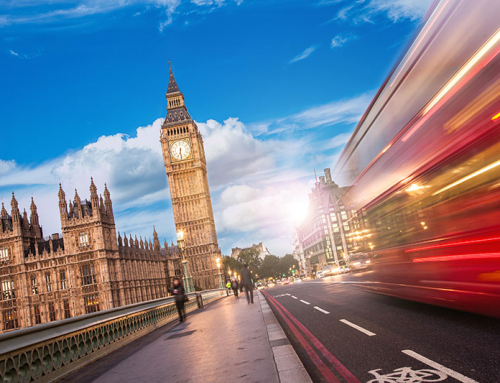Over the last two decades, international risk has increased due to digitalisation and globalisation. As if COVID-19 wasn’t bad enough, businesses now have to deal with inflation.
With a few exceptions around the world, inflation of this level hasn’t been seen since pre-internet days. Millennials considering how to get on the property ladder or Gen Zs thinking about an expensive holiday now find their finances under huge pressure as food and energy bills soar.
This rise in the cost of living and reduction in disposable income is impacting businesses. To operate successfully in the current climate, inflation should inform every organisation’s marketing strategy
Reinforce viability with visibility
Marketing is about being seen – and although budgets are tighter, cutting back on advertising during a period of inflation would be counterintuitive. Despite the economic uncertainty, the fundamentals of being seen and marketing to customers is critical. Clients must be aware of the existence of products and services in order to consume them.
Once a business cancels the brochures and neglects the company website, the enterprise may be exposed to the misconception that firm is in distress. Preserving a ‘business as normal’ strategy helps present an image of corporate stability. This allows organisations to maintain an all-important commercial presence and increase market share when competitors are retrenching.

Positive messaging
Hopes of a post-pandemic return-to-normal have been jeopardise by inflation, the war in Ukraine and continuing COVID-19 concerns. Businesses of all sizes must therefore continue to tweak their messaging in order to resonate with consumers.
Some brand campaigns have deftly navigated this challenge with savvy messaging. For example, Colgate in October 2020 unveiled the Colgate Optimism Project, turning data about consumer anxiety into an opportunity to offer not just oral care but professional opportunities through mentorship and coaching.
Stay green
Inflation has put a squeeze on some of the big sustainability commitments brands have made over the past two years. In this new context, many clients will be reviewing their marketing strategies.
When making ends meet becomes the primary concern for customers and businesses alike, is worrying about society and the environment an unnecessary luxury? Companies should take this opportunity to make their purpose and sustainability commitments work harder for them. Making them clearer, more tangible and more motivating for customers and employees alike will pay off.

Cordis
As inflation is added to the growing list of consumer concerns, a marketing approach that weaves in addressing risk exposure will help future-proof brands. We live in a period of time where there’s more volatility than what we have experienced over the past two, three or four decades. When looking to the future, it is important to make disruption the new normal.
At Targetfollow, we work with Cordis – a creative agency with expertise in social media communication, copywriting, design, event management and videography. They have helped us connect with our customers; enhancing brand awareness whilst providing escapism, information and ultimately solace in this difficult time.
For more information, get in touch with Cordis today.






